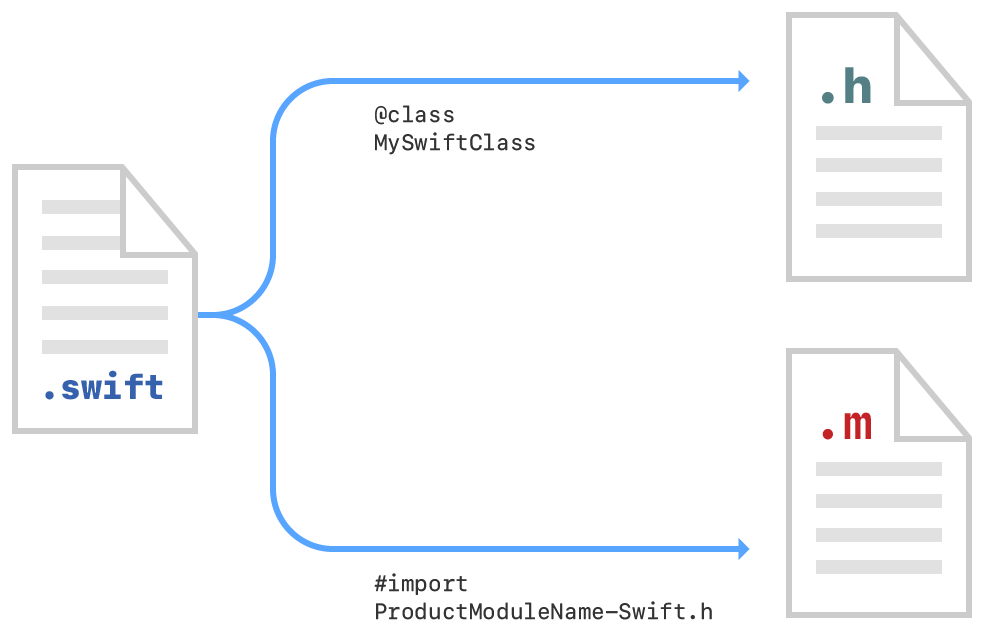Class Header File In C
Its memory allocation is automatically managed: it is allocated by either fopen or tmpfile, and it is the responsibility of the library to free the resources once either the stream has been closed using fclose or the program terminates normally. On inclusion of the header file, three objects of this type are automatically created. Experiment a bit with classes, they're a big concept in c, look up tutorials, learn the rest about them. It is advisable to do the second method of making classes (create the class in a separate header, and define the members in a CPP file, which includes the header the class was created in). Keep as many things private as possible. A class is a blueprint, or prototype which defines and describes the member attributes and member functions. The C programming language allows programmers to separate program-specific datatypes through the use of classes. Classes define types of data structures and the functions that operate on those data structures.
It's important to point out to readers stumbling upon this question when researching the subject in a broader fashion that the accepted answer's procedure is not required in the case you just want to split your project into files. It's only needed when you need multiple implementations of single classes. If your implementation per class is one, just one header file for each is enough.Hence, from the accepted answer's example only this part is needed: #ifndef MYHEADERH#define MYHEADERH//Class goes here, full declaration AND implementation#endifThe #ifndef etc.
Declare Class Header File C++
Preprocessor definitions allow it to be used multiple times.PS. The topic becomes clearer once you realize C/C is 'dumb' and #include is merely a way to say 'dump this text at this spot'.
Template Class Header File C++
Link Error: error LNK2001: unresolved external symbol 'public: thiscallTestTemp::TestTemp(void)'(??0?$TestTemp@H@@QAE@XZ) ReasonWhen the compiler encounters a declaration of a TestTemp object of some specific type, e.g., int, it must have access to the template implementation source. Otherwise, it will have no idea how to construct the TestTemp member functions. And, if you have put the implementation in a source ( TestTemp.cpp) file and made it a separate part of the project, the compiler will not be able to find it when it is trying to compile the client source file.
Query the names of all the japanese cities in the city table. lyrics. And, #includeing the header file ( TestTemp.h) will not be sufficient at that time. That only tells the compiler how to allocate for the object data and how to build the calls to the member functions, not how to build the member functions. And again, the compiler won't complain. It will assume that these functions are provided elsewhere, and leave it to the linker to find them. So, when it's time to link, you will get 'unresolved references' to any of the class member functions that are not defined 'inline' in the class definition. SolutionThere are different methods to solve this problem.

You can select from any of the methods below depending on which is suitable for your application design. Mehtod 1You can create an object of a template class in the same source file where it is implemented ( TestTemp.cpp).
So, there is no need to link the object creation code with its actual implementation in some other file. This will cause the compiler to compile these particular types so the associated class member functions will be available at link time. Here is the sample code. Siddharth Hegde 19-Dec-12 1:0919-Dec-12 1:09The main reason I wanted to move template function definitions into a cpp file is so that I did not have to recompile a fairly massive project everytime I make a small change. In this case only method 1 works, but is not ideal as one has to define another function which constructs an object.

What if you had different constructors? You would need to write a different function as well which is not ideal. How efficient is returning an object from a function? What if you wanted template class objects as member variables of another class?In such a case I would suggest a4th method: explicit template instantiation.This method requires that you know all the template arguments you will be using before hand.
Lets say you will be using an instance of TestTemp with int just do the following in any cpp file.template class TestTemp. 23-Dec-Dec-09 12:00What if somebody else is going to continue a project of yours?It will look like a spaghetti code to them and they'll write it from the beginning.Also, if my company was about to agree on using any of those solutions, I would vote for the first and implement amacro that does the job with an appropriate name such as CompileHelperClassNameThe thing is that you don't only need to have a working code but also easy to read, robust and more.How are you going to document that method? 'Helper method in order to compile'??I would definitely go for the boost coding style, even without the hpp extension.Otherwise the code is not clear on what it does and this should be a fundamental for all o us.
Dtr22 23-Dec-09 8:5923-Dec-09 8:59. If you intend to include the template implementation, then don't call it '.cpp' - the form #include 'file.cpp' 'smells' badly.Instead, rename it to 'file. Indeed, a template implementation is much.
Your helper implementation method is VERY problematic, since you must reference EVERY TYPE that will use the template. E.g., etc.If someone attempt to use your template with some other type, they have no luck but modify your helper method.(a small side-note: the helper method doesn't have to be implemented.
It can even be just a forward-declaration to a method without an implementation that carries the template type in its signature. Still, the above caveat applies.).